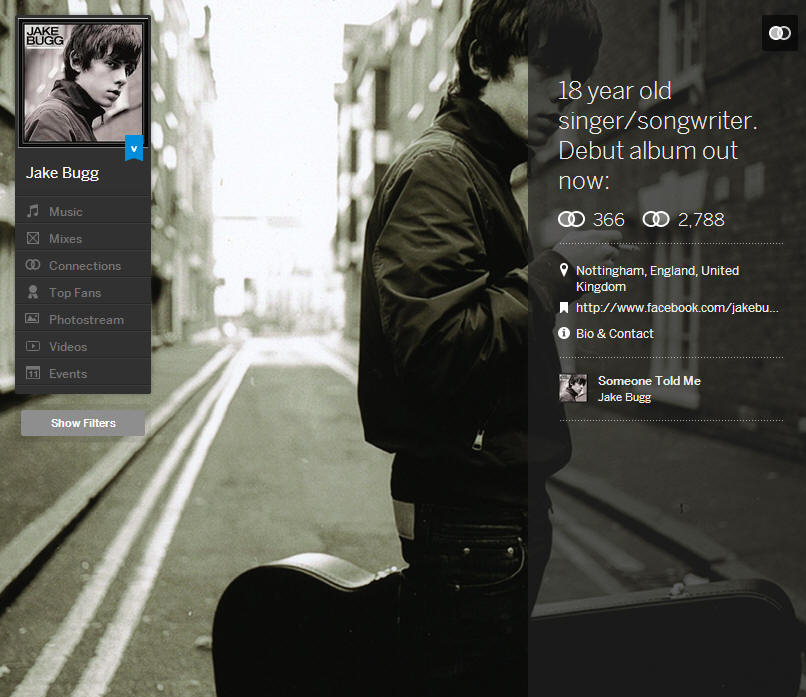
New Myspace launches... Hello...? Is anyone there?
A funny thing happened when I checked my email this morning. I found I had a friend request from Myspace, something I haven’t had for a long time. Even funnier was when I clicked on it Myspace -- or at least Myspace as I knew it -- was gone. In its place was a new sleek, Modern UI meets Spotify, music-based site. A site that doesn't seem to do friend requests anymore either so it's lucky I got that email or I might never have stumbled on it at all (conspiracy theories on a postcard please).
Of course this really shouldn't have come as a surprise, around nine months ago my colleague Wayne Williams reported early news of the update with the headline New Myspace is gorgeous, but who will use it? Like everyone else though I’d read about a Myspace update and not deemed it worthy of brain space. So suddenly finding myself on the new site -- fresh out of beta -- was a bit of a shock.

Shifting software to the cloud could slash energy use
If all US companies were to move their core systems from in-house servers to the cloud the amount of energy used could be reduced by up to 87 percent a new report claims.
The research carried out by Lawrence Berkeley National Laboratory finds that if all the email, CRM and productivity software in the US were running in the cloud it would save 326 petajoules of energy. Just in case you were wondering a petajoule is around 278 gigawatt hours or the amount of energy you get from burning 34,121 tonnes of coal.
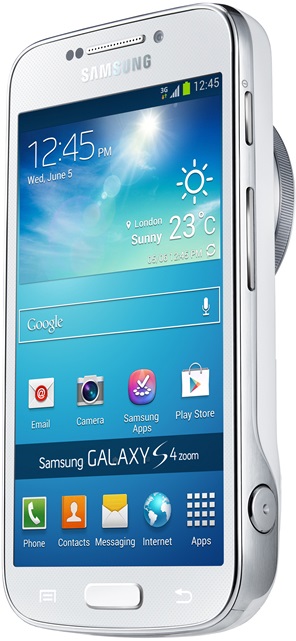
Samsung unveils the Galaxy S4 zoom -- Android smartphone meets huge camera
If you thought the Galaxy S4 lineup could not grow any bigger you would be wrong. South Korean manufacturer Samsung announced, on Wednesday, the fourth member in its upscale smartphone family -- the Galaxy S4 zoom. The handset differentiates itself from the pack by offering a whopping 16 MP back-facing camera with 10x optical zoom. Yes, it's rather large and heavy because of it.
"As communication continues to become increasingly visual in nature, people wish to capture and share their moments in the highest quality possible, but often do not have the space or inclination to carry a dedicated camera for this purpose", says Samsung CEO JK Shin. "The Galaxy S4 zoom changes this forever, combining the industry leading functionality and connectivity of the Galaxy S4 with the high quality photographic experience you’d expect from a compact camera. The result is truly the best of both worlds, without compromise". Surely, the "without compromise" part sounds too good to be true.

Google wants you to know it has nothing to hide
Google was one of numerous tech companies implicated in last week’s PRISM scandal, and despite issuing a carefully worded denial, many people still believe the search giant provides the NSA with unfettered access to its servers.
Unhappy with the situation, Google has written a letter to the offices of the Attorney General and the Federal Bureau of Investigation, asking them to give the company permission to publish in its transparency reports at least some information about the FISA national security requests it receives. This will prove, Google hopes, that it complies with legal requests, but no more.

McAfee Mobile Innovations helps you hang onto your devices
The public beta of McAfee's newest mobile security app becomes available to download for Android devices today. Its leading feature is something called Smart Perimeter which addresses one of the key concerns of users, losing your device.
Smart Perimeter works by allowing devices to track each other and alert the user if they stray more than 30 feet apart. If a device goes outside the perimeter an alarm sounds and it's also locked so you have to enter a PIN to re-enable it.

Stop watching us! Mozilla takes on the NSA
The repercussions of last week's PRISM story continue to ricochet around the web. The latest domino to fall is that belonging to Mozilla, maker of the popular Firefox browser and Thunderbird email client. The organization announces sweeping actions against this news with a campaign designed to raise awareness on perceived privacy intrusions.
Mozilla's Alex Fowler, leader of privacy and public policy, announces "last week, media reports emerged that the US government is requiring vast amounts of data from Internet and phone companies via top secret surveillance programs. The revelations, which confirm many of our worst fears, raise serious questions about individual privacy protections, checks on government power and court orders impacting some of the most popular Web services".
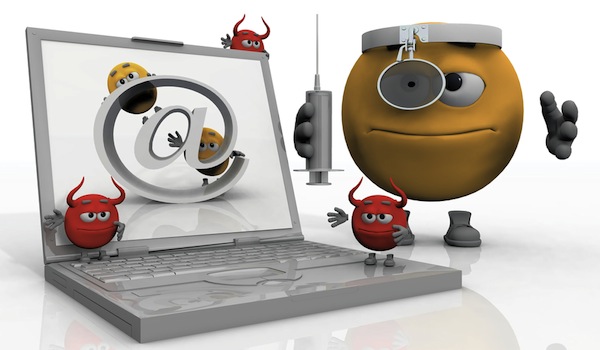
Trojans continue to top virus chart
Dr Web Anti-virus has released its latest report on malware activity showing that Trojans continue to be the most common threat.
New threats found in May include Trojan.Mods.1 which replaces the contents of webpages loaded in a browser. This is part of a premium rate SMS fraud that puts up a page asking for a mobile number and then sends a text message asking for a reply. Almost 16,000 copies of this Trojan were detected by Dr Web during the month of May.
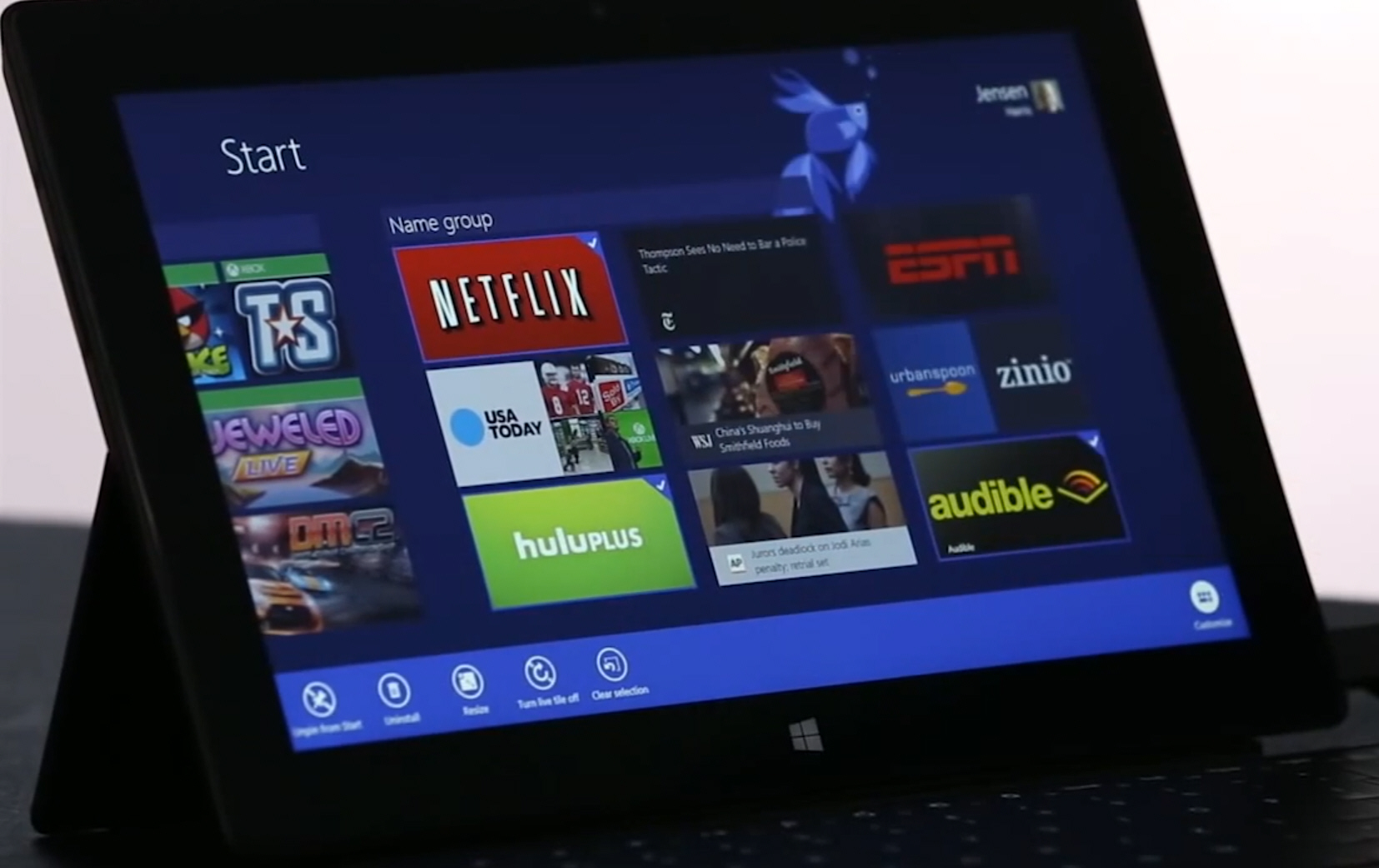
Can Windows 8.1 turn you into a Modern UI fan?
Ever since Windows 8 arrived I have struggled to fully embrace the Modern UI. The new user interface offers a polarizing experience -- it impresses me on a touchscreen but fails to get my attention on a run-of-the-mill display like my laptop features. For this reason, my forays into the new realm are mostly limited to reading and replying to emails, chatting with friends on Facebook and using Twitter. The Desktop continues to be my safe heaven, relying on it to carry out my daily routine.
Don't get me wrong, the Modern UI is not bad but it feels much more natural to use on a tablet -- touching tiles gives way to an intimate and enjoyable experience. But buying a new device which offers a touchscreen is not a particularly sound method of kindling a long-lasting relationship with the Modern UI. With the decline of the PC market, Microsoft is aware of this as it looks to revamp the new user interface in Windows 8.1 with new features aimed at "stealing" users away from the Desktop.

Microsoft demos the new Windows 8.1 Start button -- is it what you were hoping for?
The good news for many frustrated users of Windows 8 is Microsoft is bringing back the start button in Windows 8.1. It might not operate in quite the same way as the Start button does in previous incarnations of the operating system, but at least it’s there.
Microsoft released a teaser video a couple of days ago which highlighted many of the new features to look forward to in the OS refresh, but the Start button wasn’t among them. The software giant did however, demo the button -- and the improved interface -- at Computex 2013, and a video captured by NetworkWorld shows our little clickable friend in action.
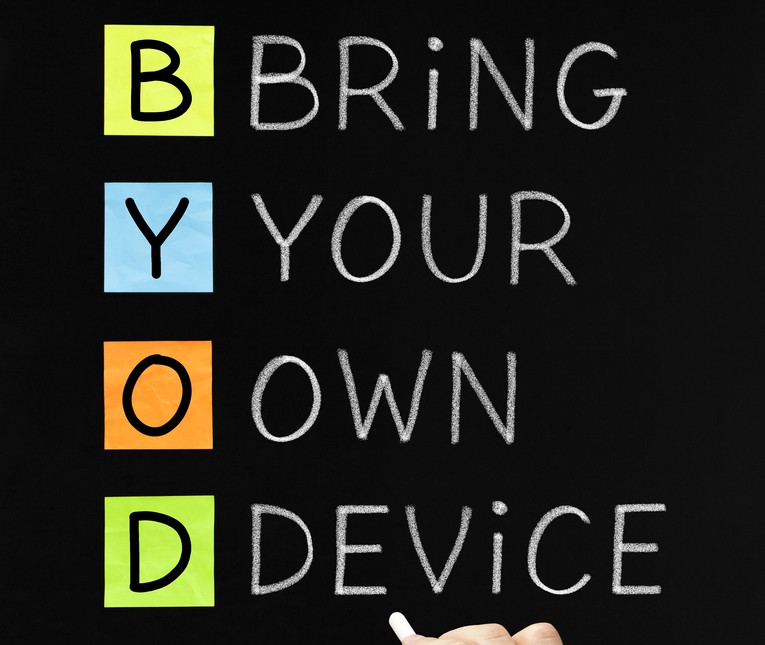
Enterprises warned BYOD is here to stay
Global industry analyst Ovum has revealed the results of its 2013 BYOX (Bring Your Own Anything) employee survey which reveals that 70 percent of employees use their own devices to access corporate data.
Launching the research at the start of the BYOX World Forum today in London, Ovum revealed that BYOD shows no signs of going away. More to the point it will continue whether the IT department wants it to or not. The study shows that 67.8 percent of smartphone-owning employees bring their own smartphone to work, and 15.4 percent of these do so without the IT department's knowledge, with 20.9 percent of corporate rebels doing so in spite of an anti-BYOD policy.

Why can't anyone get email services right?
Email is often cited as the killer application that turned the Internet from a novelty for geeks into a serious business tool. Why then is it so hard to get right? The recent changes to Gmail and Yahoo Mail sparked a bit of debate amongst the BetaNews team as to what makes a good email service. What are the features we really want and what can we happily live without?
Until around 12 years ago you were most likely to access your email via a client program, downloading messages from the server and dealing with them on your PC. This was mostly down to slow dial-up connections which meant that you weren’t online all the time. Since then -- for personal mail at least -- there’s been a shift towards webmail services. Mainly this is thanks to broadband connections and ever increasing storage allowances which mean that you never have to throw anything away. But despite this shift a whole generation of mail users still think of Outlook Express, with its classic three-pane view, as the way email should be.

BetaNews exclusive: Grab a full copy of CyberLink PhotoDirector 3 for free
Windows users are spoiled for choice when it comes to photo editing tools. The offerings range from very powerful and expensive suites like Adobe Photoshop, to basic yet free applications like Microsoft Paint. CyberLink, a company best known for its video software, entered this market a couple of years ago with PhotoDirector, an excellent but affordable tool which can be used to manage, enhance and share photos.
PhotoDirector is very easy to use, mostly due to its neatly-organized interface. It groups the available functionality into five tabs -- Library, Adjustment, Edit, Slideshow and Print -- which allows users to import and organize photos, tweak various elements (color, lighting and contrast among others), "beautify" people (make teeth whiter, remove wrinkles, etc.), create slideshows and even share them on YouTube afterwards.

Windows 8 adoption levels in the enterprise are shockingly bad
Microsoft is really pushing Windows 8.1 to businesses. As my colleague Ian Barker reported yesterday, the OS upgrade will offer a raft of new features targeted at the "world of cloud computing and connected devices, with enhancements for bring your own device (BYOD) connectivity, enhanced mobility features and security enhancements".
If the global Windows 8 enterprise adoption data released by SysAid Technologies earlier today is to be believed, the software giant is really going to have its work cut out convincing firms to switch to the divisive OS.

Microsoft targets developers and testers with new Windows Azure update
Windows Azure undergoes constant improvements as Microsoft continues to beef up the cloud platform with new features and enhancements. The software giant has released SDK 2.0 for .NET (Software Development Kit), introduced Hadoop, Dropbox and IaaS (Infrastructure as a Service) support, new VM (Virtual Machine) configurations and adopted a new pricing strategy, all within the past couple of months.
And, late-yesterday, Microsoft revealed a new update for Windows Azure, designed to enhance its development and testing credentials. There are two noteworthy changes aimed at minimizing cost: users are now billed by the minute when using the cloud platform's resources (instead of by the hour, prior to the update) and they are no longer charged for stopped VMs (the deployment state and configuration are both preserved).

Windows 8 is bad for your health [updated]
I'm not saying Windows 8 is directly bad for your health -- but it can indirectly lead to lung cancer and countless other diseases. It can also indirectly get you addicted to a particular drug -- nicotine. How is this happening? Through Windows 8 in-app advertising.
As many of you know, I recently made the switch to Windows 8 -- for which I paid for the privilege. Paying for an operating system is unlike the very capable and robust Linux Mint, which is absolutely f
